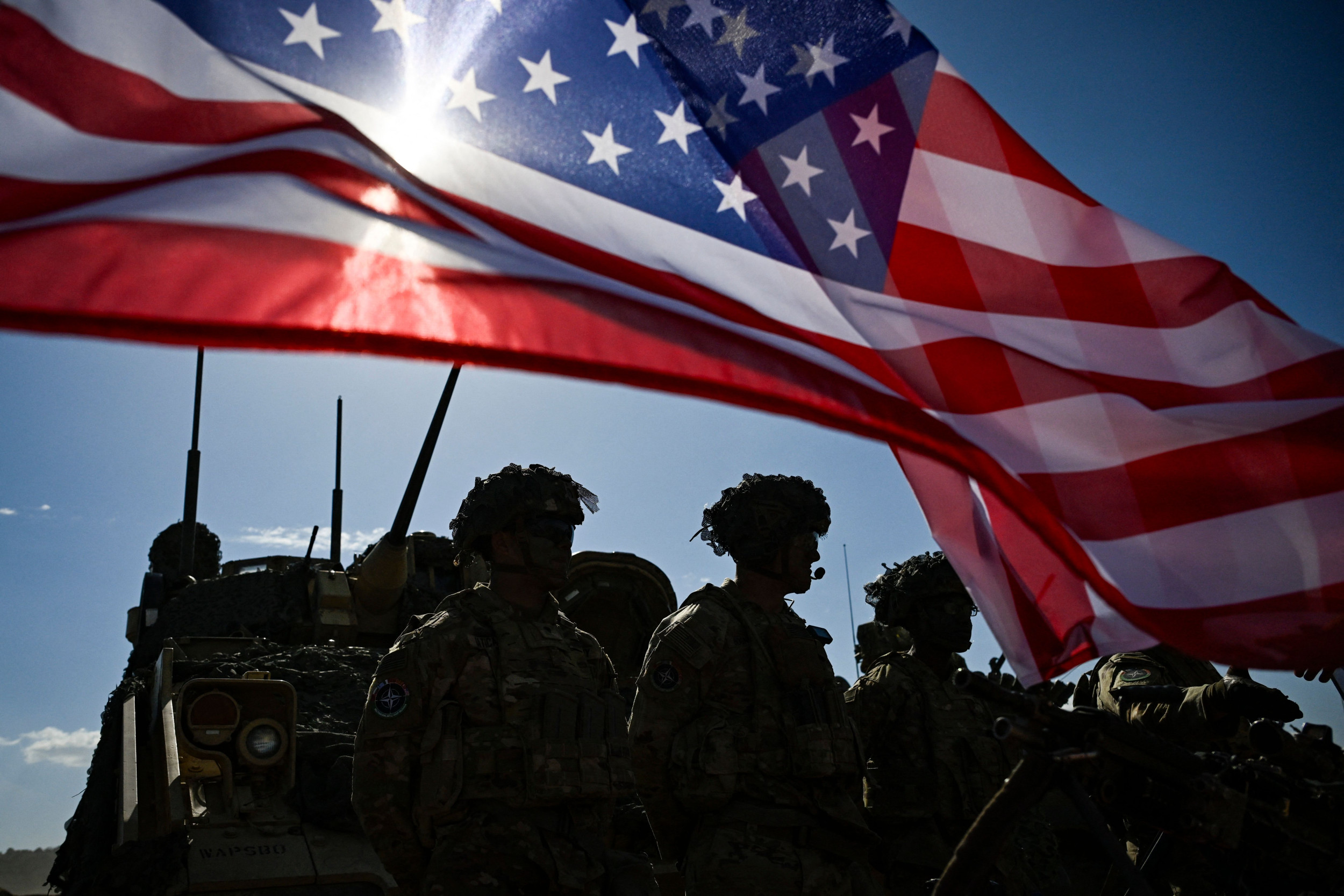As President Joe Biden and leaders on Capitol Hill manage the geopolitical crisis in Ukraine, the Egypt-U.S. national security partnership recently came into the national spotlight. In the U.S. Congress, an overwhelming majority of U.S. decision makers once again recognized the importance of strategic allies such as Egypt and approved the sale of aircrafts and military hardware that will allow Egypt and the U.S. to undertake missions in the interests of both countries, working toward achieving stability in the Middle East and North Africa.
This latest sale debated in Congress specifically concentrated on C-130 military transport airplanes. Egypt already possesses a fleet of those airframes previously obtained from the U.S. However, like all military hardware, those airplanes have a shelf life and need constant refurbishment and replacement. It is therefore logical to be looking at our partners in the U.S. for that, especially given the central role the C-130 plays in our common interests.
Egyptian C-130s carried 35,000 Egyptian troops to stand shoulder-to-shoulder with American troops liberating Kuwait during the 1990s. In 2003, the same fleet carried an Egyptian field hospital to Bagram airbase in Afghanistan, providing medical services to both the alliance personnel as well as Afghan people. The fleet of C-130 have carried Egyptian peacekeepers deployed to some of the most dangerous hotspots in the world at a great danger to themselves, and unfortunately with several causalities including most recently in Mali a few short weeks ago. The C-130s have also allowed us to provide urgently needed humanitarian assistance to disaster zones in Sudan, Somalia and deliver masks and personal protection gears to the U.S. medical community during the worse days of the outbreak of COVID-19. We hope to do more as we replenish our fleet. But those aircrafts are not the only fruits of cooperation between our two militaries.
The Egyptian military is also actively involved in supporting the safe passage of U.S. naval vessels through the Suez Canal. One of our core responsibilities is to safeguard navigation in the Suez Canal—through which 12 percent of global trade flows. Our commitment to providing maritime security extends to the Mediterranean and Red Seas, where we actively work with partners to safeguard the flow of commerce.
The depth of the Egypt-U.S. military partnership is exemplified by Exercise Bright Star, which witnesses hundreds of U.S. military personnel join their Egyptian counterparts in what is regarded as the most significant biennial military exercise in the Middle East and Mediterranean region. Egypt, the U.S. and our allies are ready to respond swiftly to crises in the region together because of these exercises.

Egypt has committed itself to being a secure and stable country despite the turmoil in nearby states. The Egyptian military has been successful in fighting terrorist offshoots of ISIS and acts as a deterrent force against would-be aggressors. Civil conflict has plagued Yemen, Syria and Libya while Egypt remains a stable and prosperous country. Moreover, our stability and security has enabled us to play a leading role in pushing for elections in Libya and calling for the expulsion of foreign mercenaries who only cause chaos and suffering.
The Egyptian government has taken substantial strides to advance and promote human rights. In the past few months, Egypt launched its first ever National Strategy for Human Rights, a blueprint that puts forward a comprehensive approach to advance human rights. Laws advancing women's rights and providing opportunities for their equal participation in civic society have been introduced—we are moving forward and setting an example for the region. The State of Emergency, which was necessary to quell terrorism in the country, has been suspended. This is in large part due to the successful cooperation between Egypt and the U.S. in disrupting terrorist networks on our borders. New laws that facilitate the work of local and foreign NGOs operating in Egypt, as well as moves to promote religious freedom, will build a pluralistic civil society that is secure and stable for all Egyptians. Egypt's rock-solid commitment to its people resonates and reverberates at each crossroad.
In an era of great power competition, instability in Eastern Europe, tensions in the Indo-Pacific region and proliferation concerns in the Middle East, we welcome the bipartisan support of the U.S. Congress as work to replenish our aging military equipment.
Motaz Zahran is the current ambassador of Egypt to the United States. He formerly served as the ambassador of Egypt to Canada.
The views expressed in this article are the writer's own.
Uncommon Knowledge
Newsweek is committed to challenging conventional wisdom and finding connections in the search for common ground.
Newsweek is committed to challenging conventional wisdom and finding connections in the search for common ground.





